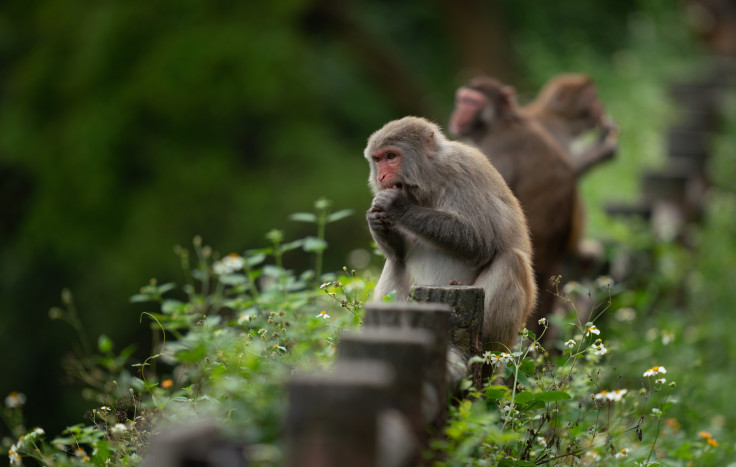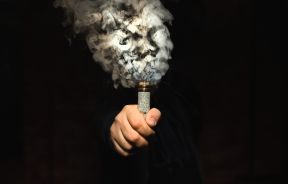Hong Kong Reports First Human B Virus Case: Know All About Deadly Infection

Hong Kong reported its first case of human B virus, an extremely rare infection that could lead to severe brain damage or death. A 37-year-old man tested positive for the virus after being admitted to critical care following an attack from a wild monkey, reports said.
The monkey B virus or Herpes virus simiae can spread to humans when bitten or scratched by an infected macaque monkey or through contact with their eyes, nose, or mouth.
According to reports, the unidentified man got attacked and injured in late February while he was at Hong Kong's Kam Shan Country Park. The man who was otherwise in good health developed a fever and got admitted to a hospital with decreased consciousness level on March 21.
"He is now receiving treatment at the Intensive Care Unit of the hospital and his condition is critical. The cerebrospinal fluid specimen of the patient tested positive for B virus by the Public Health Laboratory Services Branch of the CHP today," the Centre for Health Protection said in a statement last week.
Meanwhile, Hong Kong's Centre for Health Protection has urged the public to refrain from touching or feeding wild monkeys to reduce the risk of transmission.
What are the signs of infection?
Monkeys infected with B virus may not develop symptoms or may develop just a mild disease. However, the virus will be still present in their saliva, feces, urine, and brain or spinal cord tissue.
Individuals who get attacked by infected monkeys may develop small blisters in the wound or area that had contact with them. The signs of infection in humans appear within one month of exposure to the virus and, in some cases, within a week.
The first signs are typical of flu, including fever and chills, muscle aches, fatigue, and headache. Other signs include shortness of breath, nausea and vomiting, abdominal pain, and hiccups.
However, as the infection progresses, patients may develop neurologic and inflammatory symptoms such as pain, numbness, and itching near the wound site, poor muscle coordination, brain damage, damage to the nervous system, and death.
Prevention:
Laboratory workers, veterinarians, and individuals who may be exposed to monkeys or their specimens are at a greater risk of infection. Using proper personal protective equipment, including a lab coat, gloves, and a face shield, could reduce the risk.
There are no vaccines to prevent the B virus infection. Staying away from macaque monkeys and avoiding touching and feeding them can reduce the risk of getting bitten or scratched.
However, in case a macaque monkey bites or scratches you, take the following steps:
1) Wash and clean the wound thoroughly using soap, detergent, or iodine for 15 minutes, gently scrubbing if possible. Rinse the area with water for an additional 15 to 20 minutes.
2) Seek immediate medical attention, informing the healthcare provider about the macaque monkey exposure, potentially infected with B virus.
Quick first aid and appropriate treatment are vital in preventing severe illness from B virus infection. Treatment may involve antiviral medications if required.



























